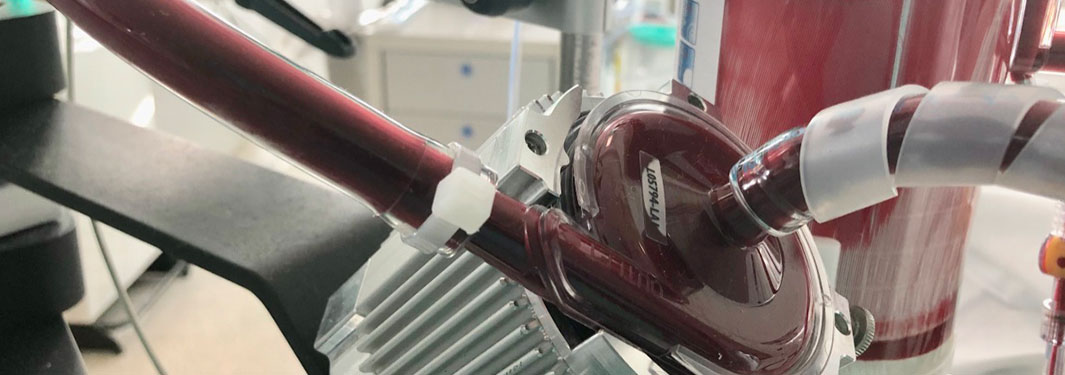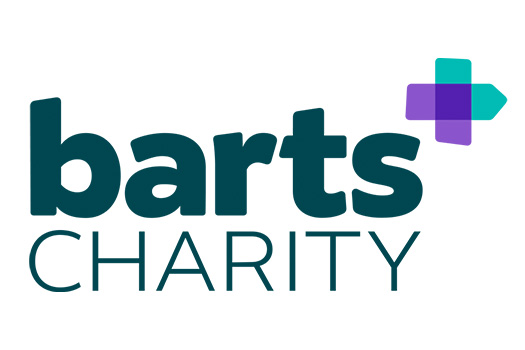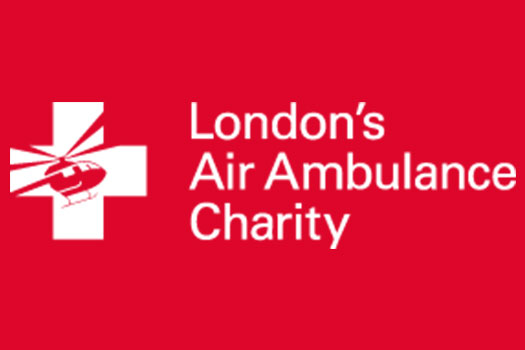SUB 30

Trial Objective: To establish whether a pre-hospital advanced physician/paramedic cardiac arrest team that is ECMO capable can establish ECMO flow within 30 minutes of patient collapse.
Disease area: Cardiac arrest
Status: Actively recruiting
Chief Investigator: Dr Simon Finney
Principal Investigators: Dr Ben Singer (Barts Health) and Dr Fenella Wrigley (London Ambulance Service)
Sponsor: Barts Health NHS Trust
Funder: Barts Charity/London Air Ambulance
NCT REF: ClinicalTrials.gov Identifier: NCT03700125
Study summary
A cardiac arrest is when a patients heart stops suddenly. Every year, London Ambulance Service treats over 4,000 patients who have had a cardiac arrest, managing, on average, to get to a patient in 7 minutes following a 999 call. Less than 1 in 10 patients survive to get home. The risk of a patient dying or suffering brain damage increase the longer it takes to restart the heart, particularly after 20-30 minutes. An ECMO machine may reduce these risks by pumping a patient’s blood through an artificial lung and to their vital body organs – temporarily replacing the function of the heart and lungs.
The study is a collaboration between Barts Health NHS Trust, London's Air Ambulance, London Ambulance Service NHS Trust and Queen Mary University London. It will assess patients who suffer an out-of-hospital cardiac arrest and remain in cardiac arrest 20 minutes later despite the efforts of the ambulance service. We will test whether ECMO can be established within 30 minutes of the patient’s collapse. The ECMO team and machine will travel to where the patient has collapsed. Afterwards, patients will be moved to the Heart Attack Centre at St Bartholomew’s hospital where the ECMO will be continued and the reason for the cardiac arrest treated.
Patients become unconscious when they have a cardiac arrest, so we will not be able to ask them whether they are willing to be part of the study. We have discussed this with a patient group and an ethics committee and will tell people as soon as possible. We realise some members of the public would not wish to take part in this study. If you do not wish to take part in the sub30 study, in the event you have a cardiac arrest, then email us at sub30study.bartshealth@nhs.net. We will send you a bracelet to wear indicating your wishes. We will check all patients for the bracelet.
If you would like to know more about cardiac arrest then please visit the British Heart Foundation.
Sample size and duration
6 patients, taking place in the region of Barts Health NHS Trust, London over a 12 month period.
Understanding what happens to similar patients who do not receive ECMO
We will also look at the outcomes of other patients who suffer a cardiac arrest but did not receive ECMO because they suffered a cardiac arrest when the study was not operating or were too far away from the study team. We will use this data to understand the possible benefits of ECMO. We will identify these patients from a database collated by the London Ambulance Service. We have discussed using this data with the Confidential Advisory Group. The legal basis for us processing these data is that medical research is in the public interest. We will ensure that patients can not be identified. We realise that some members of the public would not wish us to analyse their data in this aspect of the study. If you do not wish to take part, in the event you have a cardiac arrest, then email us at sub30study.bartshealth@nhs.net.
Download
- Patient information leaflet [PDF 1,698KB]
- Patient information leaflet (non-enrolled participants) [PDF 1,684KB]
Enquiries
For further information about the study, please contact a member of the research team.
Email: sub30study.bartshealth@nhs.net

